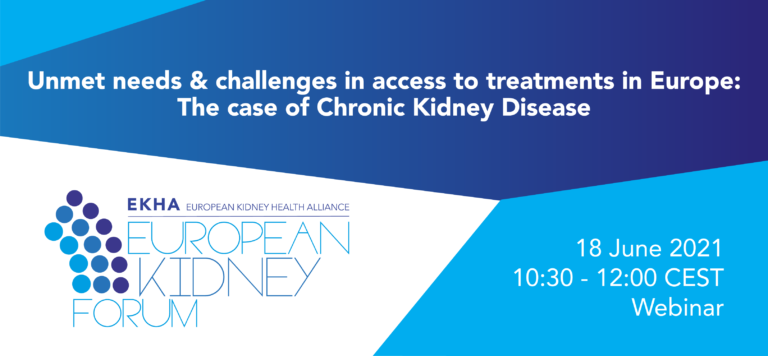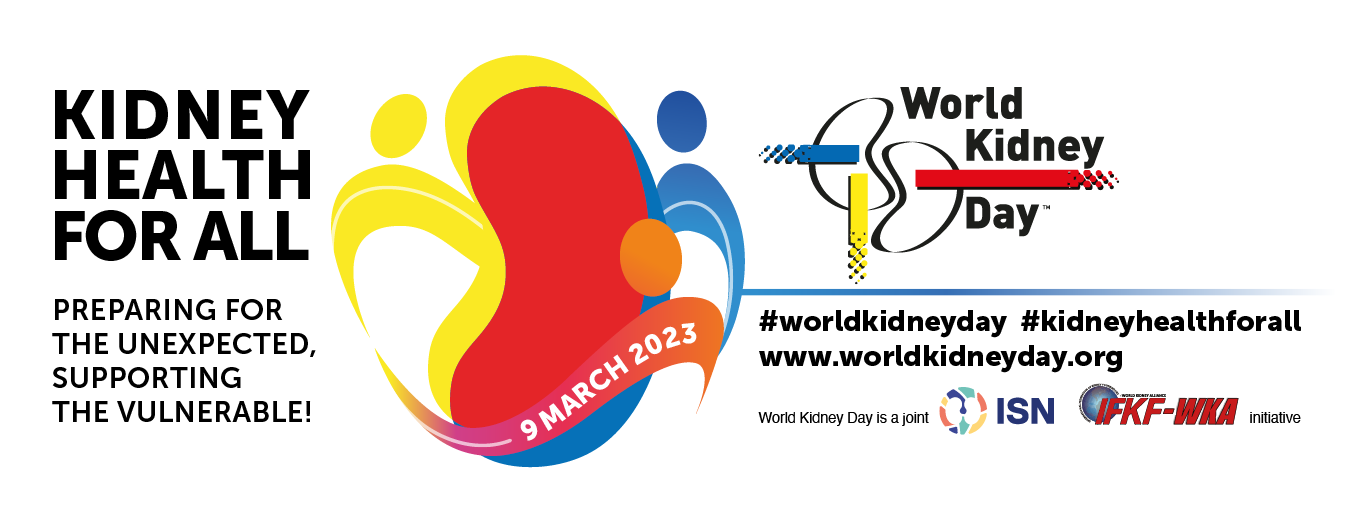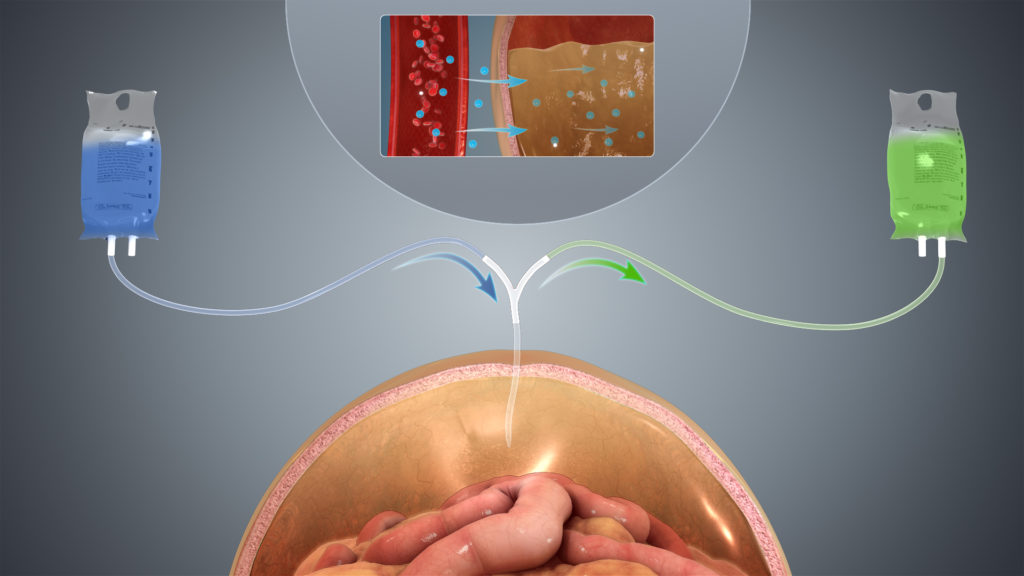CKD care: a changing landscape
Given that 2% to 3% of health expenditure in most European countries is absorbed by patients on dialysis who represent just a small fraction (0.1%–0.2%) of the general population…it is admitted that a shift is needed to ensure appropriate treatment for CKD patients in the long run through cost-effective renal replacement therapies such as transplantation and home dialysis, but also by preventing renal diseases.
Focus on prevention should increase in the coming years. Indeed, preventive medicine is historically in the remit of general practice, and the new instruments for prevention that are being developed will contribute to expanding the GPs’ remit. Like General Practitioners, the role of nutritionists, pharmacists, social workers, physicians, etc. will increase in the care pathway for CKD patients.
In addition, the evolution towards a more patient- centered approach has sparked reflections like the establishment of interdisciplinary care clinics (IDCs*). Studies suggest that IDCs “may improve patient education and preparedness prior to kidney failure, both of which have been associated with improved health outcome” . Interdisciplinary care may also “delay the progression to end-stage renal disease and reduce mortality”. Most studies suggest that interdisciplinary care services are likely cost-effective but there are still uncertainties as to the long-term cost-effectiveness of IDCs. In addition, the creation of IDCs raises challenges regarding financing and insurance.
Changes to kidney care pathways, evolution of specialists’ areas of competences, move to a more patient-centered approach, etc. all foster a significant shift as regards kidney care, and a collaborative approach from the point of view of prevention, care, treatments, etc. will be the cornerstone of this evolution.
EKHA welcomes this evolution and believes collaborative efforts drawing upon the patient’s experience based expertise as well as medical knowledge are essential to increase CKD prevention, improve early detection of CKD, and provide more efficient treatment to help reduce the predicted tide of new cases of kidney failure needing Renal Replacement Therapies (RRT).
See EKHA recommendations for Sustainable Kidney care here: https://ekha.eu/policy/
Sources:











